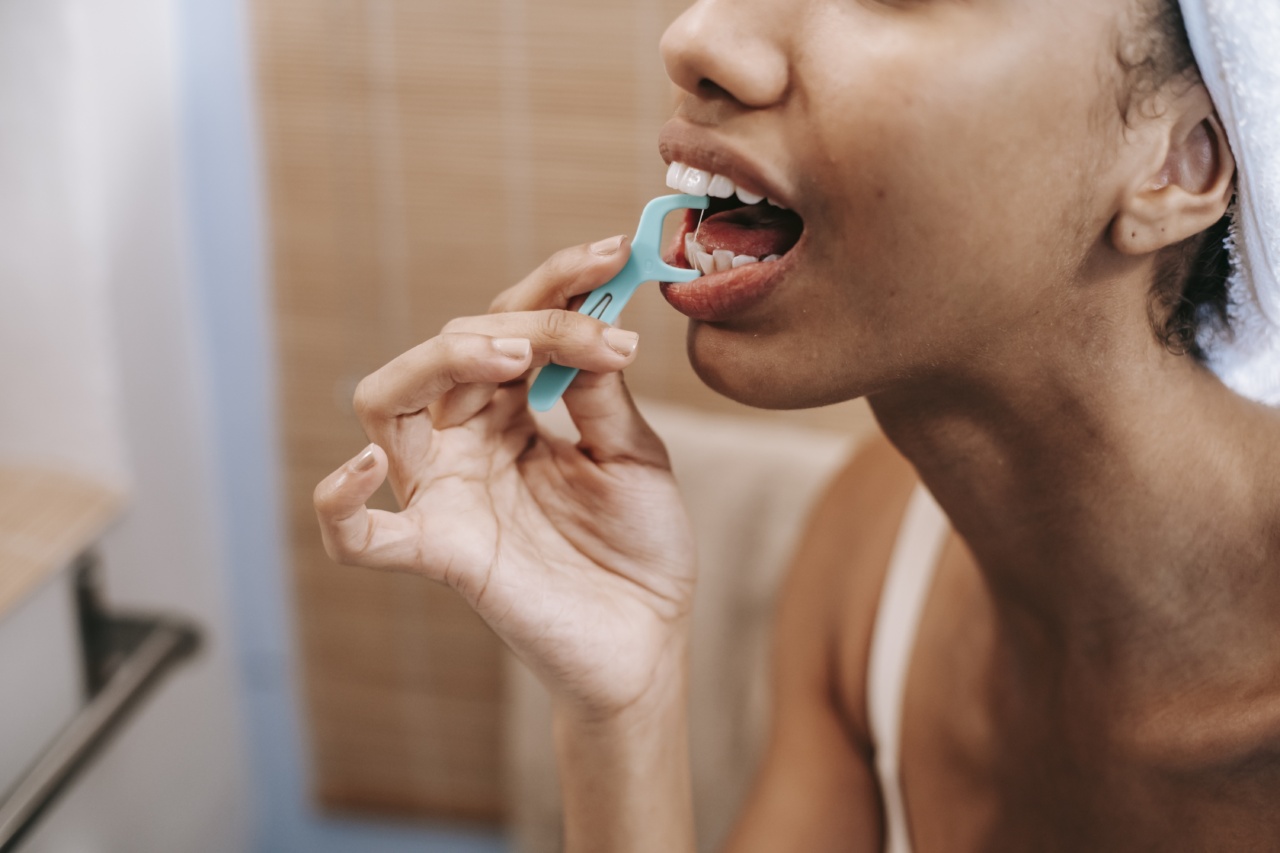During pregnancy, taking care of your oral health is just as important as taking care of your overall health. In fact, many pregnant women may not realize the potential risks that poor dental health can pose to both themselves and their unborn babies.
Maintaining good oral hygiene and getting regular dental check-ups can help prevent oral health issues during pregnancy and ensure a healthy smile for both mom and baby.
Why is Dental Care Important During Pregnancy?
Pregnancy brings about several hormonal changes in a woman’s body, which can have an impact on her oral health. These hormonal changes can make pregnant women more prone to gum disease, tooth decay, and other dental problems.
Additionally, pregnancy can also worsen existing oral health issues, such as gum disease or tooth decay.
The Impact of Poor Oral Health on Pregnancy
Poor oral health during pregnancy has been associated with several adverse pregnancy outcomes, including preterm birth, low birth weight, and preeclampsia.
Due to the bacteria present in gum disease, it is believed that these harmful bacteria can enter the bloodstream and potentially affect the developing baby. Furthermore, pregnancy cravings and morning sickness can increase the risk of tooth decay, especially if proper oral hygiene practices are not followed.
Preventive Dental Care Tips for Pregnant Women
1. Schedule a dental check-up: Get a comprehensive dental examination and cleaning before planning to conceive or as soon as you find out you are pregnant. Inform your dentist about your pregnancy so that they can tailor the treatment accordingly.
2. Brush and floss regularly: Practice good oral hygiene habits by brushing your teeth at least twice a day with a fluoridated toothpaste and flossing daily. This helps remove plaque and reduces the risk of gum disease and tooth decay.
3. Use a mouth rinse: Consider using an antimicrobial mouth rinse after brushing and flossing to further reduce bacteria in your mouth and maintain gum health.
4. Be mindful of your diet: Opt for a balanced diet rich in vitamins and minerals, especially calcium and vitamin D, which are essential for maintaining healthy teeth and gums. Avoid sugary and acidic foods and drinks that can contribute to tooth decay.
5. Stay hydrated: Drinking plenty of water helps rinse away food particles and reduces the risk of dry mouth, which can increase the likelihood of tooth decay.
6. Manage morning sickness: If you experience morning sickness, rinse your mouth with water or a fluoridated mouthwash after vomiting to neutralize the acid and protect your tooth enamel.
7. Avoid dental treatments during the first trimester: If possible, postpone elective dental procedures during the first trimester when the baby’s organs are developing.
8. Inform your dentist about your pregnancy: Always inform your dentist about your pregnancy and any changes in your health. This will allow them to provide appropriate care and avoid any potential risks.
9. Maintain regular dental appointments: Regular dental check-ups throughout pregnancy can help monitor your oral health and address any issues promptly.
10. Practice stress management techniques: Stress can worsen oral health problems. Engage in activities that help you relax, such as prenatal yoga, meditation, or getting sufficient rest.
Common Concerns during Pregnancy
1. Morning sickness and tooth enamel erosion: The acid from frequent vomiting can erode the protective enamel on your teeth. Rinse your mouth after vomiting and wait to brush your teeth for at least 30 minutes to prevent further damage.
2. Pregnancy gingivitis: Hormonal changes can cause gum inflammation and bleeding, leading to pregnancy gingivitis. Maintain good oral hygiene practices and consider using an antimicrobial mouth rinse to alleviate symptoms.
3. Pregnancy tumors: These non-cancerous growths on the gums are believed to be caused by hormonal changes. They are usually temporary and resolve after pregnancy. Consult your dentist if you experience any discomfort.
4. X-rays and anesthesia: Dental X-rays and local anesthesia can be safe during pregnancy if necessary. However, inform your dentist about your pregnancy to ensure proper precautions are taken.
5. Medications: Inform your dentist and healthcare provider about any medications, including over-the-counter and herbal remedies, you are taking or considering during pregnancy.
Conclusion
Maintaining good oral health habits and seeking preventive dental care during pregnancy is essential for both the mother’s well-being and the baby’s development.
By following simple guidelines such as regular brushing and flossing, eating a balanced diet, and attending dental check-ups, pregnant women can minimize the risk of oral health problems and enjoy a healthy and beautiful smile.


























